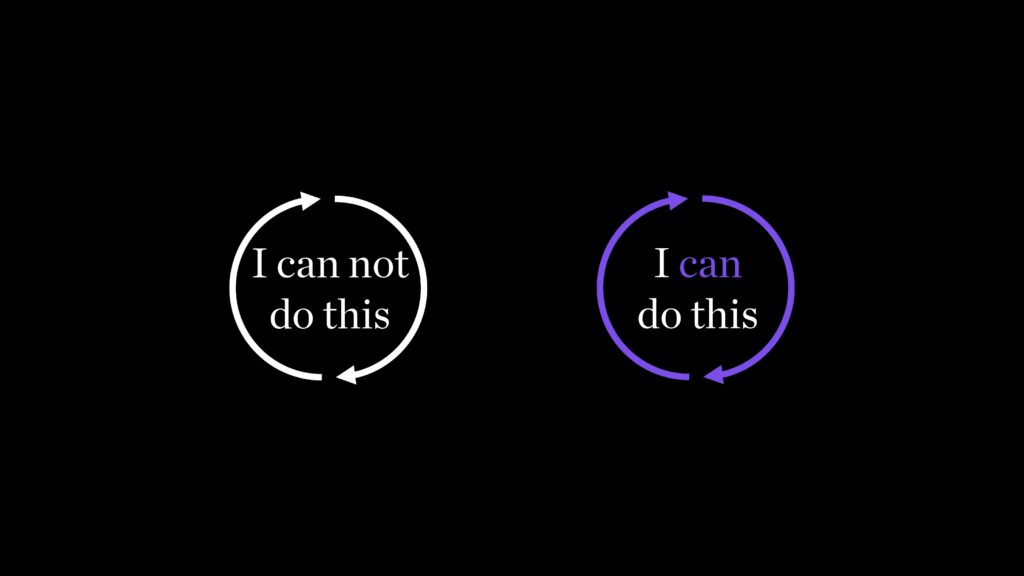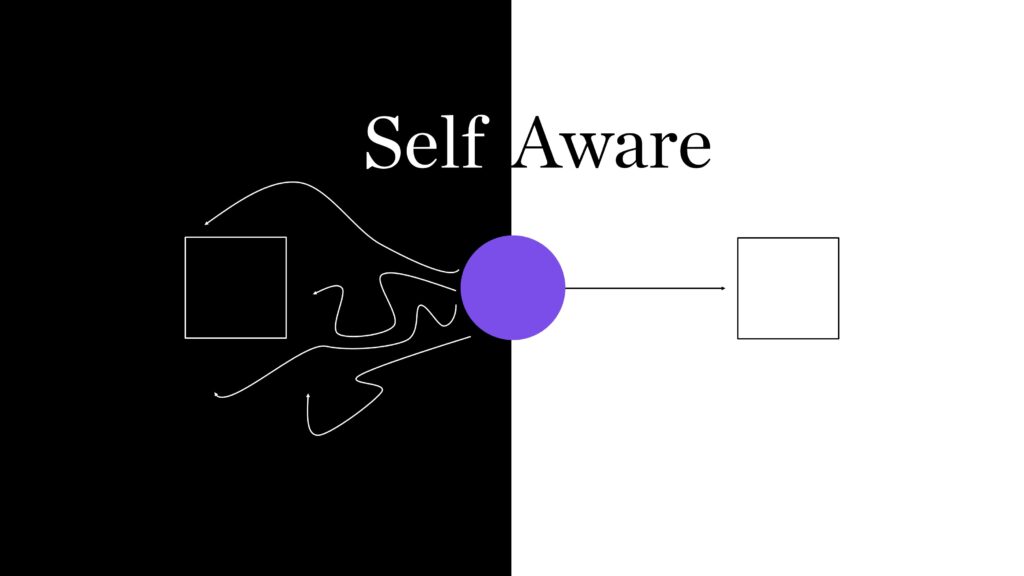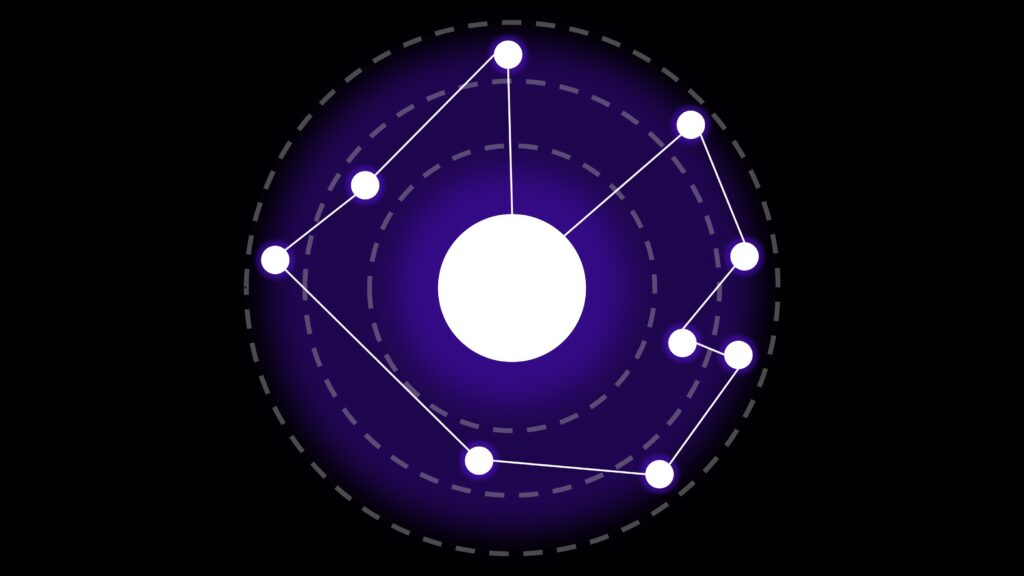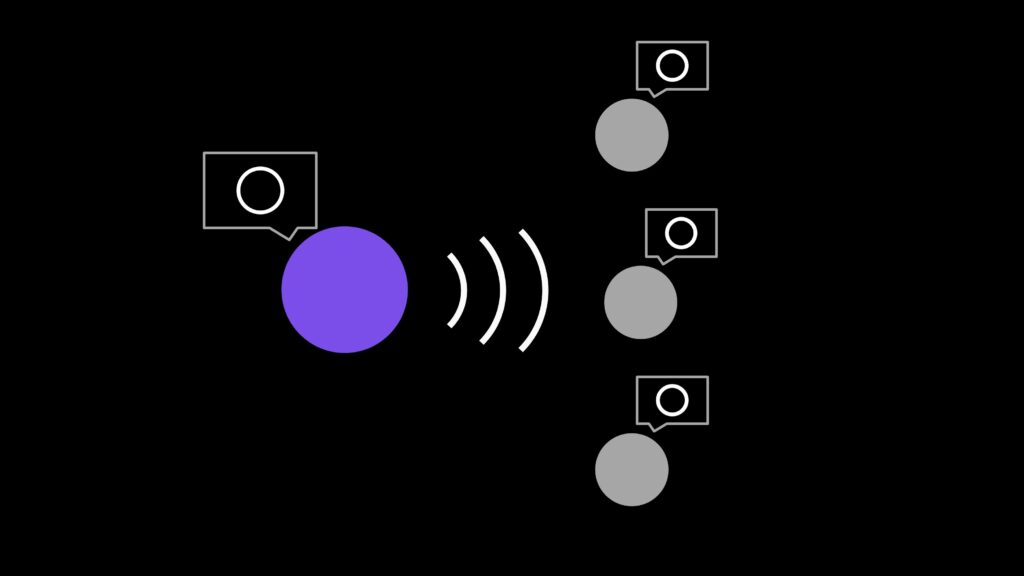Article last updated on September 21, 2022
We live in a world where everyone has access to information 24/7. This means that we can learn from anyone, anywhere, at anytime, yet we have a problem empathizing with others.
Awareness of others is a skill that you can develop, and it will help you become more empathetic towards other people.
But how do you find out what others are thinking and feeling?

There are many reasons why awareness of others is important.
- It helps us understand our own thoughts and feelings.
- It allows us to empathize with others.
- It gives us insight into how others perceive us.
- It helps us build relationships with others.
- It helps us become happier.
These are just a few reasons, but in this article I’ll give you more concrete and practical examples that you can use in your everyday life.
Awareness of others is something that most people struggle with. In fact, not a lot of people really understand themselves well enough to truly help others.
Yet, understanding yourself is critical to becoming aware of others.
This article will explain what awareness of others is, how it works, and how it benefits you.
What Does Awareness of Others Really Mean
When we talk about awareness of others, we mean being conscious or awake to the emotions and intentions of others.
In other words, awareness of others is your ability to see through their eyes and feel what they feel.

If you want to be an effective entrepreneur or leader, then you need to be aware of others. You must know what motivates them, what makes them happy, what frustrates them, what they fear and what they desire.
Being aware of others enables you to connect with them on a deeper level.
You can use this knowledge to influence them and get them to act in ways that benefit you.
So, awareness of others means knowing what others think and feel on a deeper level.
How Awareness of Others Can Benefit You
Now that you know what awareness of others is all about, you might already see some of the benefits of having this skill.
For example, if you’re trying to sell a product or service to someone, you may not realize that they don’t want to buy what you are selling.
You could try asking them directly, but chances are they won’t tell you. Instead, you’ll notice subtle changes in their body language, facial expressions, tone of voice, etc.
By being aware of these things, you can make adjustments before they happen. For example, you can ask them questions such as “Why did you say that?” or “Is there anything else I should know?”
Or, you can simply listen carefully and observe them closely. By doing so, you’ll gain valuable insights into their needs and desires.
But let’s see more clearly what happens when you’re aware of others and what benefits you receive from this skill.
1. You’ll understand your own thoughts and feelings better

Have you ever wondered why you behave differently around certain people than you do around others?
Perhaps you’ve noticed that you tend to speak more freely around your friends than you do around strangers. Or maybe you’ve noticed that you’re much less likely to share personal details with strangers than you are with close friends.
The reason for this is simple – you don’t want to reveal too much information about yourself to people who aren’t going to like you.
The same thing applies to your thoughts and feelings. When you’re around people you trust, you’re more open to sharing your innermost thoughts and feelings.
However, when you’re around people you don’t trust, you tend to keep those thoughts and feelings hidden from view.
This is because you don’t want to risk revealing something negative about yourself to people who you believe have no interest in helping you succeed.
That’s why when you are aware of others, you will become more self-aware. This means that you will begin to understand your own thoughts and emotions better.
2. You’ll be more influential

People respond well to charismatic leaders. They also respond well to people who are honest, sincere, and trustworthy.
When you are aware of others, you will be able to recognize these qualities in other people. And you will be able to use this recognition to convince them to take action.
Being influential doesn’t mean manipulating people. Rather, it means using your ability to read people to help them achieve their goals.
Think of when you wanted to help someone out. Maybe you asked them how they were feeling, or you listened attentively while they talked about their problems.
In each case, you used your ability to read people by listening to them and observing their behavior. Then you influenced them to act in a way that helped them solve their problem.
3. You’ll take responsibility for your own actions

We all fail at times. But we shouldn’t blame others for our failures.
Instead, we need to accept that we are responsible for our own actions.
It’s easy to get caught up in the moment and forget that you are ultimately responsible for your own decisions.
When you are more aware of others, you will notice other people who are blaming others for their mistakes. You will realize that they are not taking full responsibility for their actions.
Once you see that, it will be like a mirror reflecting back to you the fact that you are responsible for your own decisions as well.
4. You’ll improve your communication skills

Communication is not only about talking clearly but also listening carefully.
If you want to improve your communication skills, you must first learn to listen.
By becoming more aware of others, you’ll be able to pick up on subtle clues about what others are thinking and feeling.
And once you know what they are thinking and feeling, you can communicate effectively with them.
Your articulation will be clearer and more effective. You won’t waste time trying to explain things over and over again.
And surprisingly, you will be more grounded, calmer, and resonate better with others.
5. You’ll make changes you have been avoiding

When you see mistakes made by others, you will be more aware of their consequences. As a result, you will make fewer mistakes.
It is not comfortable or enjoyable to watch other people make mistakes. But if you are aware of others’ mistakes, you will be motivated to avoid making similar mistakes yourself.
You can get a complete picture of what happens when you don’t follow through on something.
This knowledge gives you an opportunity to change your behavior before it becomes too late.
6. You’ll improve your self-awareness skills

Things like internal and external self-awareness are important things that get better as you learn more about other people.
Self-awareness involves knowing what you’re doing and why you’re doing it. Your mental health depends on having these two types of awareness.
As you become more aware of other people, you’ll gain insight into your own emotions and behaviors. This helps you understand yourself better.
Not only will you be able to build stronger relationships with others, but you’ll also be able to manage your moods and emotions better.
7. You’ll become more socially open

Social skills are one of those skills you can not afford to ignore. We are social beings. We interact with others all day long.
The more you practice social skills, the easier it gets. And the more you practice, the better you get.
So the next time you meet someone new, try to observe how they behave.
Doing this, you are dethatching from personal mind chatter of “what others think about me” and social situations become joyous occasions.
8. You’ll be able to give constructive feedback

Depending on your emotional skills, you may find it difficult to give constructive feedback.
But if you are aware of others’ emotions and behaviors, you will be able to give them feedback in a way that they will accept.
Emotional intelligence is something we need these days more than anything else.
It is time to deal with difficult situations in a compassionate way, which in turn makes potentially negative situations into positive interactions.
How To Develop Our Awareness of Others
To develop our awareness of others, there are multiple ways we can do so. Here are some ideas to consider:
- Observe others closely: As mentioned earlier, one of the best ways to become more aware of others is to observe them closely. The more you pay attention to others, the more you will understand them.
- Ask questions: Another great way to gain insight into others is to ask them questions. Questions allow us to dig deeper into the subject matter. This allows us to find answers to questions that we may never have thought of asking ourselves.
- Be open-minded: Being open-minded means having the willingness to look at new information without prejudice. Open-mindedness is essential to developing our awareness of others.
If you want to understand how this works on a deeper level, then you should know that there are three aspects to the understanding of others.
- Emotions
- Thoughts
- Behaviors
Let’s look at each one in turn.
Emotions
The first aspect of awareness of others is emotions. We often think that emotions are just feelings.
But emotions are much deeper than that. They are a complex set of physical sensations, thoughts, and beliefs that influence our behaviors.
For example, anger is a strong emotion that motivates us to take action. So when we become aware of others’ emotions, we can use these emotions to help us understand why they behave the way they do.
For instance, if we observe someone angry, we can ask ourselves, “What is causing him/her to be so angry?”
Doing this helps us identify the root cause of the person’s anger.
In addition, we can use our awareness of others’ emotions to predict how they might respond to certain situations. For example, if we see that someone is nervous, we can guess that he or she might not like how something goes.
Thinking
Next, let’s talk about our thoughts. Thoughts are mental processes that occur within our minds.
They include everything from simple ideas to complicated concepts.
When we become aware of another’s thoughts, we can use those thoughts to understand their motivations.
For example, if we notice someone who has a lot of negative thoughts, we can assume that he/she is experiencing low self-esteem.
Then, we can try to figure out if his or her low self-esteem is caused by things like poor performance at work or by things like a lack of confidence.
Behavior
Behaviors are actions that we perform. These range from small acts like taking a phone call to large tasks like managing a project.
As humans, we all tend to act in ways that are consistent with our personality traits.
If we want to know more about another person’s personality, we can observe their behaviors.
When we become aware of others’ behaviors, we can use them to understand why they behave the way they do.
By doing this, we can make sure that we are not unintentionally influencing others by behaving in ways that are inconsistent with their personalities.
Conclusion
All in all, becoming aware of others is wonderful because it gives us an opportunity to learn more about people and, in turn learn about ourselves.
When you start observing others in compassionate ways, you will begin to see yourself differently.
You will start to appreciate your strengths and weaknesses.
This will allow you to grow as a person and improve your relationships with others.
So next time you meet someone for the first time, remember to be mindful of their emotions, thoughts, and behaviors.


